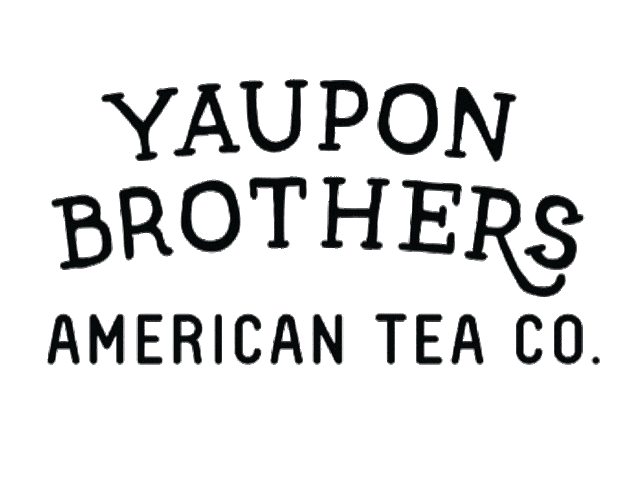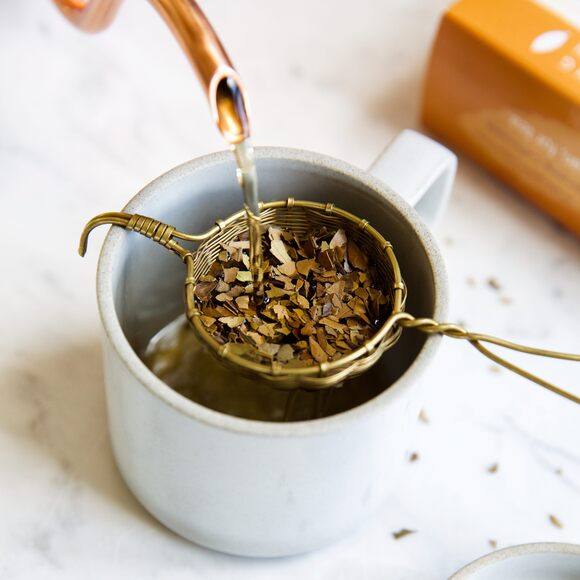It’s an undisputed fact that the United States is a coffee country: American adults average three cups every day. But that wasn’t always the case. Before the arrival of Columbus, indigenous Americans’ caffeinated beverage of choice was a holly-based tea known as cassina.
Also known as yaupon, cassina is a close relative of the popular South American holly-based tea, yerba maté. Both dark brown drinks have an herbaceous, complex flavor and a mild, jitter-less buzz. And yet, yerba maté has survived, and thrived, while cassina has faded into obscurity.
The reason might be a matter of bad branding. After seeing Native Americans sipping yaupon throughout the American South, some colonists started drinking the beverage and even exported it to Europe. Across the Atlantic, however, yaupon didn’t receive an equally warm welcome. A prominent British botanist assigned the plant the unfortunate moniker of Ilex vomitoria. Whether this was due to erroneous reports of indigenous Americans using the drink as an emetic or the British tea industry’s efforts to denounce its new caffeinated competition is up for debate. Whatever the reason, the name stuck and deterred many would-be cassina drinkers.
Though the holly-based brew disappeared from Americans’ teacups in the years after the Civil War, it’s now making a comeback. A small group of farmers currently grow and sell yaupon in the plant’s native habitat, which stretches from Virginia to the Gulf Coast of Texas. Several cafes in cities such as Austin, Texas, and Asheville, North Carolina, have even started featuring it on their menus.
Need to Know
Plenty of retailers will ship yaupon to you, including Lost Pines Yaupon, CatSpring Yaupon, and Yaupon Brothers.







